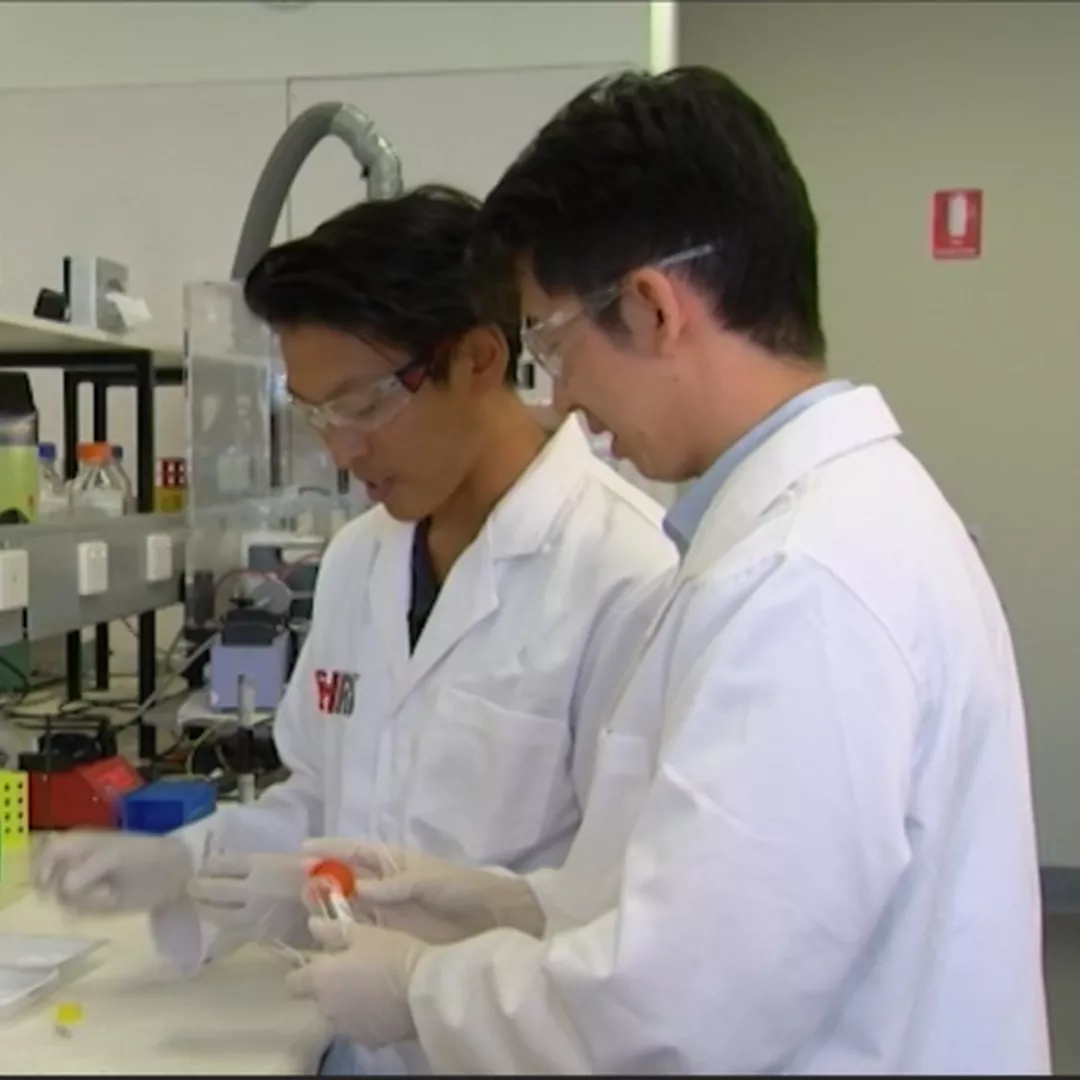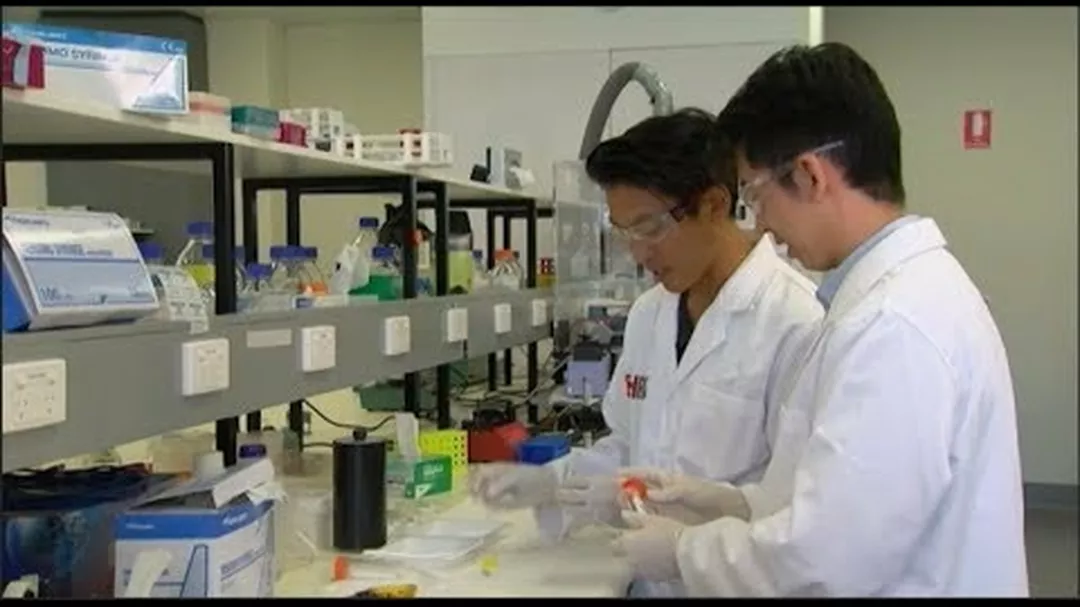Heart researchers are a step closer to an exciting future where the human body does not reject lifesaving coronary bypass implants, a new study reveals.
In a world-first discovery, scientists at the Heart Research Institute in Sydney have developed a high-tech coating that regulates the body’s often severe immune response to synthetic implants.
The work, published in the prestigious journal JACC: Basic to Translational Science, has far-reaching implications for improving the long-term performance and safety of implanted medical devices.
“Our technique dramatically improves the acceptance of commonly used implants that very often fail just months after they’re inserted,” says senior author and bioengineer Dr Steven Wise. “With this coating we are a step closer to the ‘Holy Grail’ of bioengineering – a safe, effective synthetic graft that the body does not reject.
“There is currently a drastic unmet need for more viable synthetic vascular grafts for use in bypass grafting applications and our special coating has the potential to provide the solution,” Dr Wise says.
Each year about 20,000 Australians get a coronary bypass, a life-saving surgical procedure to restore normal blood flow to an obstructed coronary artery. Similar blockages in the legs are also common, with more than 25,000 hospitalisations each year for peripheral artery disease. In these patients, a lower limb bypass will save their leg.
As Dr Wise explains, currently the best options for the ‘small diameter’ bypass grafts required in the heart and legs are veins and arteries harvested directly from the patient. “However, for up to a third of patients, these natural grafts are not available because the veins have been used before or are diseased.
One reason these grafts perform so poorly is because of the body’s own inflammatory response. “Not only does scar tissue form around the outside of the implant but a similar process occurs on the inside, re-narrowing the vessel and limiting blood flow,” he says. “For grafts that are already very narrow, like those in the coronaries and legs, this reduces their effectiveness and many can become completely blocked.”
The team, led by Dr Richard Tan and overseen by Dr Wise, sought to solve the problem by developing a surface coating for vascular grafts that switches off the harmful inflammatory responses that lead to their rejection.
“This coating is made from interleukin-4, a naturally occurring molecule found in our own body that is usually involved in resolving inflammatory responses to infection,” Dr Tan says. “When coated onto the surface of a vascular graft, immune cells arrive at the graft surface and interact with this molecule. They are immediately switched into an anti-inflammatory state causing a signaling cascade that stops further inflammation,” he says.
The coating has the tremendous capacity to inhibit the immune responses that drive the growth of these cells. This leads to vascular grafts that remain clear of blockages for longer, improving the performance of the graft, ultimately reducing the need for patient re-intervention, Mr Tan says.
The scientists describe their results as striking, and believe the finding represents a fundamental change to the way our bodies perceive and react to a medical implant.
“Essentially by mitigating the body’s negative responses, we are able to allow devices to perform as they were intended to, increasing their performance for patients whose very lives depend on some of these devices every day,” Dr Wise says. “That’s a hugely significant step forward in an area where there is a desperate unmet need for life-saving scientific innovation.”
Having proven the coating works in the lab, the team now plans to use it in a larger study before moving towards human clinical trials. From here it will likely take three to seven years before it is widely available for use in Australian hospitals.
This work was reported by ABC News online on Thursday, 14 March 2019. Read the article here: New liquid discovery could stop bodies from rejecting medical implants


